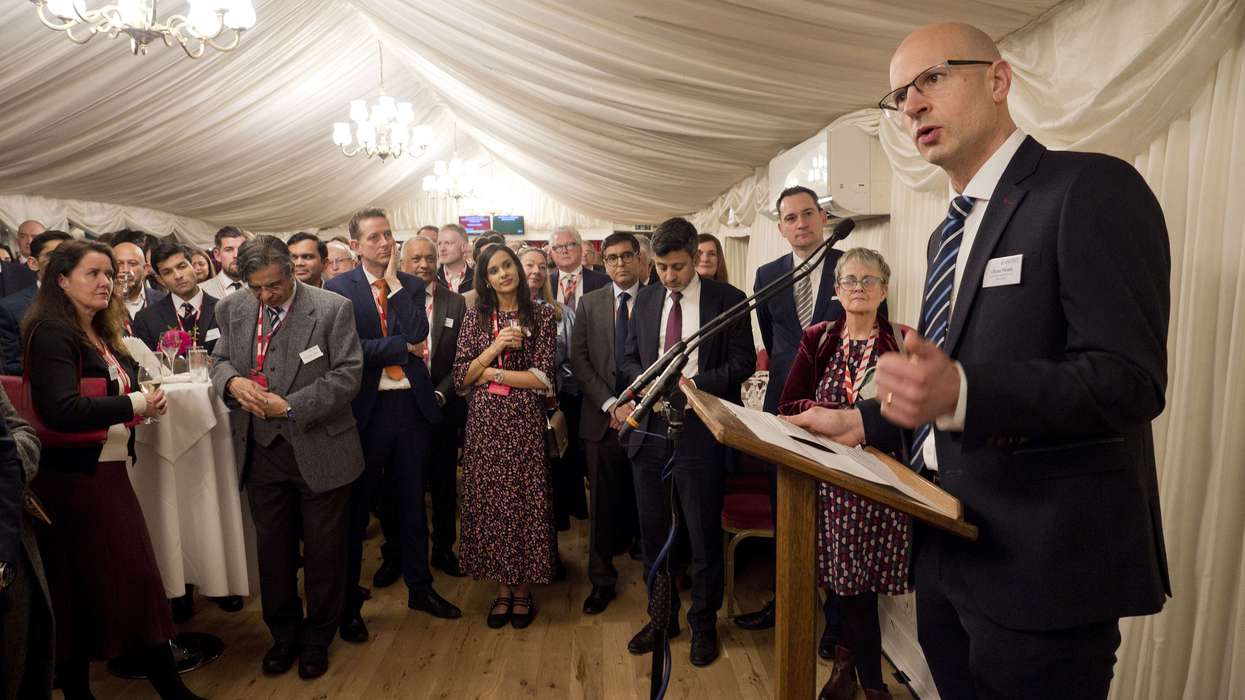The level of annual allowed growth in sales of branded medicines will double from two per cent per year in 2024 to four per cent per year by 2027
The Department of Health and Social Care (DHSC), NHS England and the Association of the British Pharmaceutical Industry (ABPI) have reached an agreement on the 2024 voluntary scheme for branded medicines pricing, access and growth (VPAG).
The landmark deal will save the NHS £14 billion over 5 years in medicines costs, boost the nation’s health, and support research investment.
The new VPAG scheme, which will be a non-contractual voluntary agreement between DHSC and ABPI, will run for 5 years from 1 January 2024 until 31 December 2028.
It will double the annual allowed growth of sales of branded medicines from two per cent per year in 2024 to four per cent per year by 2027.
Under the new agreement, the pharmaceutical industry will also invest £400 million over 5 years through the Life Sciences Investment Programme to drive forward UK innovation, sustainability and growth.
Commenting on the deal, Health Secretary Victoria Atkins said: “Millions of NHS patients will benefit from this momentous, UK-wide agreement.
“Not only will it save the health service billions of pounds every year, it will allow more patients to quickly access the latest life-saving medicines and treatments.
“This deal will also ensure the UK remains a world leader in driving forward innovative healthcare while boosting our economy, with hundreds of millions of pounds invested in vital research, clinical trials and manufacturing,” she added.
DHSC, NHSE, and ABPI also agreed to introduce a new affordability mechanism for older medicines under the new scheme.From next year, older medicines which have not seen price reductions will have to pay a top-up rate of up to 25 per cent in addition to the older medicines base rate of 10 per cent.
The income from this mechanism will be used to support lower payment rates for more innovative medicines.
Robert Kettell, NHS England’s Director of Medicines Negotiation and Managed Access, who led day-to-day negotiations, said: “This 5-year agreement will enable NHS England to build on our track record of securing innovative, life-changing treatments for millions of patients across the country at a fair price for taxpayers.
“In leading the negotiations, I was clear that any deal had to enable patients to have rapid access to cutting-edge medicines and incentivise the medical research that will provide the treatments of tomorrow. I am confident this agreement delivers these aims,” he added.
The pharmaceutical industry supports the agreement, despite its restrictions, as it “provides important support for patients and the NHS and commits to giving them access to the transformative treatments they need.”
Richard Torbett, Chief Executive at the ABPI, commented: “Allowing the sector to grow faster than it has under the previous scheme should increase the UK’s international competitiveness over time. Importantly, it also recognises the pressing need to invest more in building NHS capacity to partner with industry on science and research to support innovation and economic growth.”













